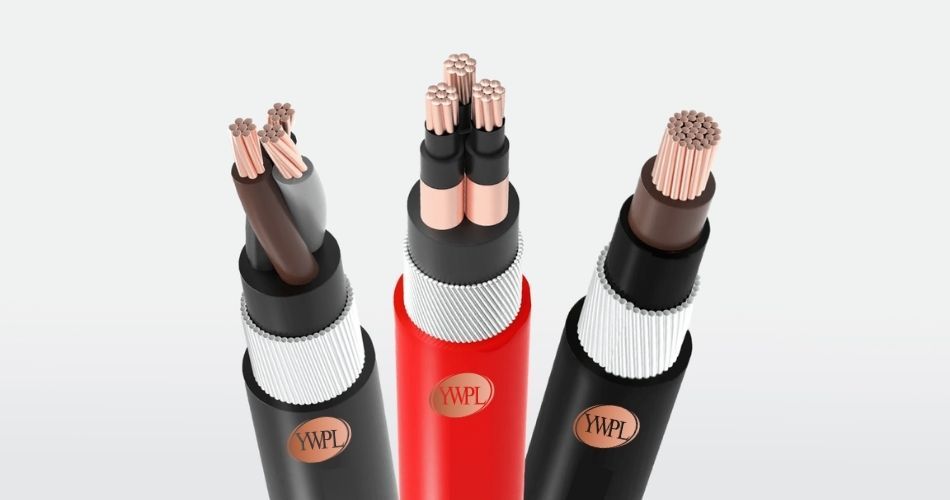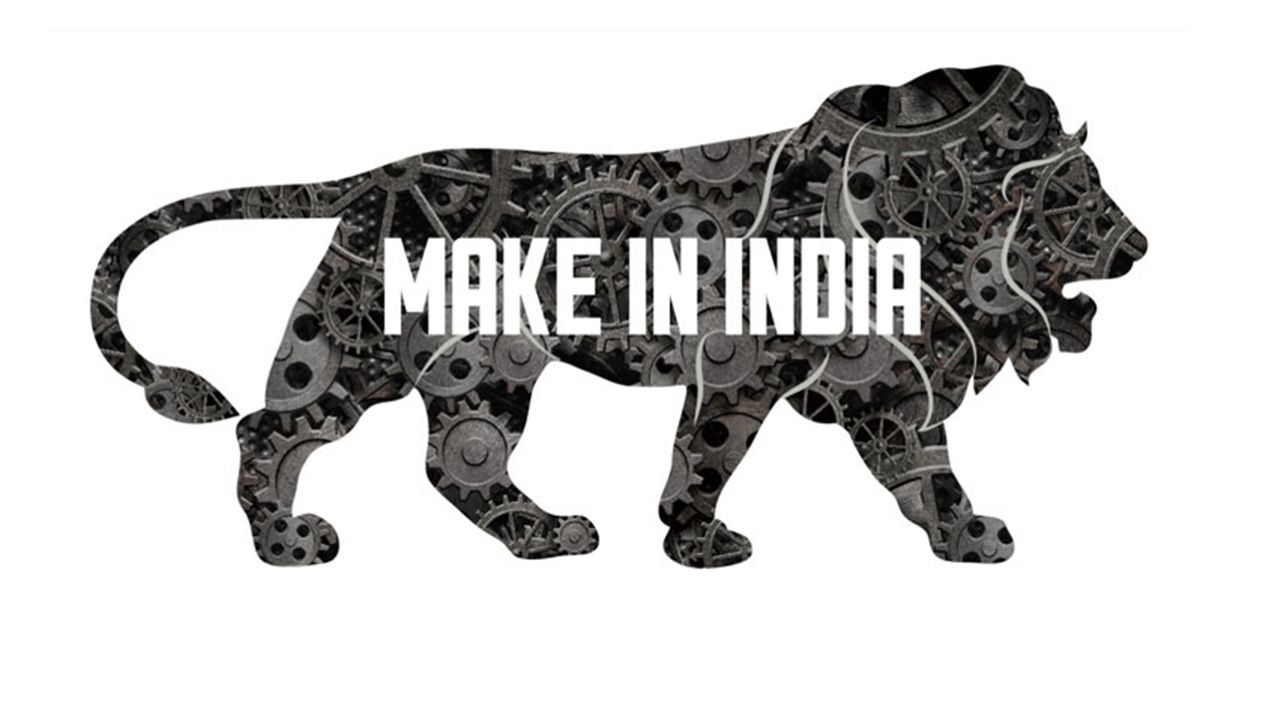Power Cables Armoured & Unarmoured
Yeshwant Wires is a leading Power Cables manufacturer in India, offering high-quality armoured and unarmoured cables designed for low-tension electrical power transmission and distribution. Our cables are manufactured using electrolytic grade copper conductors and superior insulation materials to ensure high conductivity, durability, and safety.
Available in both armoured cables for high mechanical protection and unarmoured cables for lightweight installation, with insulation options like XLPE and PVC. They comply with IS, IEC, and BS EN standards and are widely used in industrial, commercial, residential, and utility sectors for reliable energy distribution.

Description
Power Cables (Armoured & Unarmoured) are specialized electrical cables designed for low-tension power transmission and distribution systems. These cables feature high-purity copper conductors with XLPE or PVC insulation, providing excellent thermal performance, chemical resistance, and fire safety.
These cables are extensively used in industrial plants, commercial buildings, residential complexes, infrastructure projects, and utilities where reliable power distribution with mechanical protection or flexible installation is essential for operational safety and performance.
Key Features & Advantages
- High Electrical Conductivity: Pure copper conductors minimize energy loss and voltage drop.
- Armoured & Unarmoured Options: Provides mechanical protection or flexible installation as required.
- Fire & Heat Resistant: XLPE and PVC insulation ensures safe operation under high temperatures.
- Durable & Reliable: Resistant to abrasion, chemicals, moisture, and mechanical stress.
- Wide Range: Available in single-core and multi-core configurations, various voltage ratings.
- Complies with Global Standards: IS 1554, IEC 60502, and BS EN 50525.
Technical Specifications
| Property | Specification | Significance |
|---|---|---|
| Conductor Material | Annealed Copper or Aluminium (Usually stranded, Class 2) | ISO/IEC international Copper has high conductivity; Aluminium is lighter and cheaper for large sizes. Stranding provides essential flexibility for installation. |
| Voltage Grade | Up to 1.1 kV (Low Voltage) / 3.3 kV to 33 kV (Medium Voltage) | ISO/IEC international Defines the maximum continuous operating voltage the insulation system is rated for, ensuring safety and preventing insulation breakdown. |
| Operating Temperature | 70°C (for PVC) / 90°C (for XLPE) / -15°C to +90°C (Range) | ISO/IEC international Determines the maximum current the cable can safely carry (ampacity) without damaging the insulation, crucial for system design and safety. |
| Insulation | PVC (Polyvinyl Chloride) / XLPE (Cross-Linked Polyethylene) / EPR (Ethylene Propylene Rubber) | XLPE is preferred for power cables due to its superior thermal stability and higher dielectric strength, allowing the cable to handle higher current loads. |
| Armouring Type | Armoured (GSW/Steel Strip) / Unarmoured | Armouring provides vital mechanical protection against crushing and impact (e.g., in direct burial) and often serves as a protective earth/grounding conductor. |
| Sheath | PVC / FRLS / LSZH (Often UV, Water & Abrasion Resistant) | The outer layer protects the core from environmental damage. LSZH is key for indoor installations to prevent toxic smoke release during a fire. |
| Core Type | Single Core (High Current AC/DC) / Multi-Core (2, 3, 3.5, 4 Cores) | Configuration depends on the electrical system (e.g., three-phase power uses 3 or 4 core cables; high-power applications often use single core for better thermal management). |
| Standards | IS 1554 (Part 1): IS 7098 (Part 1) | Compliance ensures the cable meets international requirements for construction, testing, insulation thickness, and short-circuit performance for electrical power distribution. |
Applications
Power Cables are widely used in industrial plants, commercial buildings, residential complexes, infrastructure projects, and utilities for power transmission and distribution. Armoured cables are ideal for underground installations, heavy machinery, and areas requiring mechanical protection, while unarmoured cables are preferred for lightweight wiring and flexible installations.
Manufacturing & Quality Assurance
At Yeshwant Wires, every power cable is manufactured using precision copper drawing, stranding, and extrusion processes for reliability and performance. Cables undergo stringent testing for conductor resistance, insulation strength, fire resistance, mechanical durability, and thermal performance under ISO certified quality systems.
Why Choose Yeshwant Wires for Power Cables?
Industry Leadership
Premier Power Cable manufacturer in India with 8+ years of expertise.
Custom Solutions
Tailored cable designs for specific protocols, environments, and performance requirements.
Premium Materials
99.99% pure copper conductors and high-grade insulation for maximum performance.
Global Standards
Full compliance with IS and ISO/IEC international standards.
Competitive Pricing
Factory-direct pricing with no compromise on quality or performance.
Pan-India Delivery
Fast, reliable delivery across all major cities and industrial hubs in India.
Industries We Serve
Industry Leadership
Premier Power Cable manufacturer in India with 8+ years of expertise.
Custom Solutions
Tailored cable designs for specific protocols, environments, and performance requirements.
Premium Materials
99.99% pure copper conductors and high-grade insulation for maximum performance.
Global Standards
Full compliance with IS and ISO/IEC international standards.
Competitive Pricing
Factory-direct pricing with no compromise on quality or performance.
Pan-India Delivery
Fast, reliable delivery across all major cities and industrial hubs in India.
We supply Power Cables to diverse industries such as industrial, commercial, residential, infrastructure, and utility sectors. Our solutions are tailored for high performance, safety, and long-term reliability in power distribution applications.

